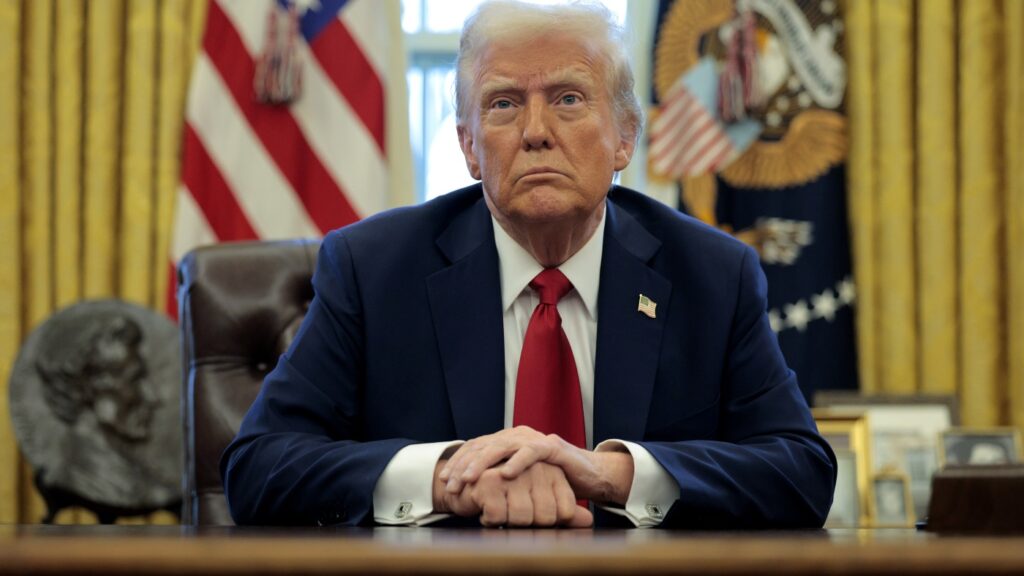The article delves into the historical significance of independent agencies in the U.S. government, tracing back to the creation of the Interstate Commerce Commission (ICC) in 1887 as the first independent agency. These agencies were designed to regulate critical sectors like the stock market, product safety, and labor relations, insulated from presidential control to ensure nonpartisan decision-making.
However, recent challenges have arisen as President Trump seeks to assert more control over these agencies, sparking debates on their autonomy and accountability. Trump’s attempts to exert authority over independent agencies have faced legal challenges, raising concerns about their constitutional status. The article also explores the implications for the Federal Reserve, a powerful independent agency responsible for monetary policy.
Citing a proposal by economist Stephen Miran and Dan Katz, the article discusses a plan to overhaul the governance of the Federal Reserve, suggesting increased presidential influence over the Fed’s leadership while nationalizing the Reserve Banks and giving state governors more control. This proposal aims to balance political accountability with maintaining the independence of monetary policy decisions.
The article highlights the ongoing tension between presidential control, agency independence, and the potential impact on the Federal Reserve’s operations. It underscores the complex interplay between political influence, economic policy, and the role of independent agencies in a democratic system, reflecting broader debates on the separation of powers and accountability in government agencies.

